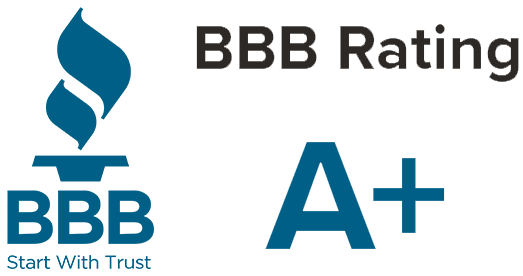To Return to the Office, or Not to Return, that is the Question
Rose Report: Issue 52

The Answer: Flexibility
By Ted Rose, CEO Rose Financial Solutions
In order to keep staff safe and healthy at the onset the pandemic, organizations had to rethink how and where their employees worked, which led many to implement a remote workforce policy. While the shift wasn’t easy for everyone, two years later most employees have adapted to telecommuting. In fact, according to a January 2022 Pew Center Research survey , 60% of workers with occupations that can be done from home said that once the health crisis ended, they would choose to work from home all or most of the time if they had the option. This is an increase from the 54% who answered the same question in 2020.
While many employees may have adapted to telecommuting, it isn’t for everyone. The Pew survey also reported that 60% of workers who’ve made the switch to teleworking feel less connected to their colleagues. Furthermore, 61% of workers—who have jobs that can be done from home but prefer to work in an office—say they feel that way because they are more productive. As the survey results show, employee workplace preferences vary, and as we head out of the health crisis companies will once again need to take a renewed look at what their workplace should look like and how to provide employees with a work experience that ensures they stay connected and engaged.
As the number of Covid cases have fallen in recent weeks, many firms are contemplating whether or not to require employees to return to the office. Clearly, there is no one-size-fits-all approach to getting back to business as usual and each company needs to make decisions based on their management processes and corporate culture. However, what is apparent is that employees want flexibility. This paradigm shift in what employees want—and demand—is being heard by business leaders. In fact, according to a Google report released in October 2021, over 75% of survey respondents expect hybrid work to become common practice within their company within the next three years.
While the term “hybrid work” has become a catchphrase for many companies looking to retain and recruit employees, defining the term isn’t that easy. A hybrid model implies that there are certain days that employees will be in the office and the remaining days remote. However, not all teams within an organization operate the same way and may have varying demands for face-to-face interaction. That’s why it is important for companies to confer with team leaders to determine a hybrid schedule that works best for their department.
While a hybrid workforce meets the needs of employees who have become accustomed to working from home to still have that opportunity and those who miss the collaborative office environment to have face-to-face time with their colleagues, firms must create methods to keep their employees engaged, connected, and productive. Addressing the employee experience whether in the office, remotely, or in a hybrid model is challenging but necessary for business success.
This content is for information purposes only and should not be considered legal, accounting or tax advice, or a substitute for obtaining such advice specific to your business.
Share this article:
Visit Us On:




